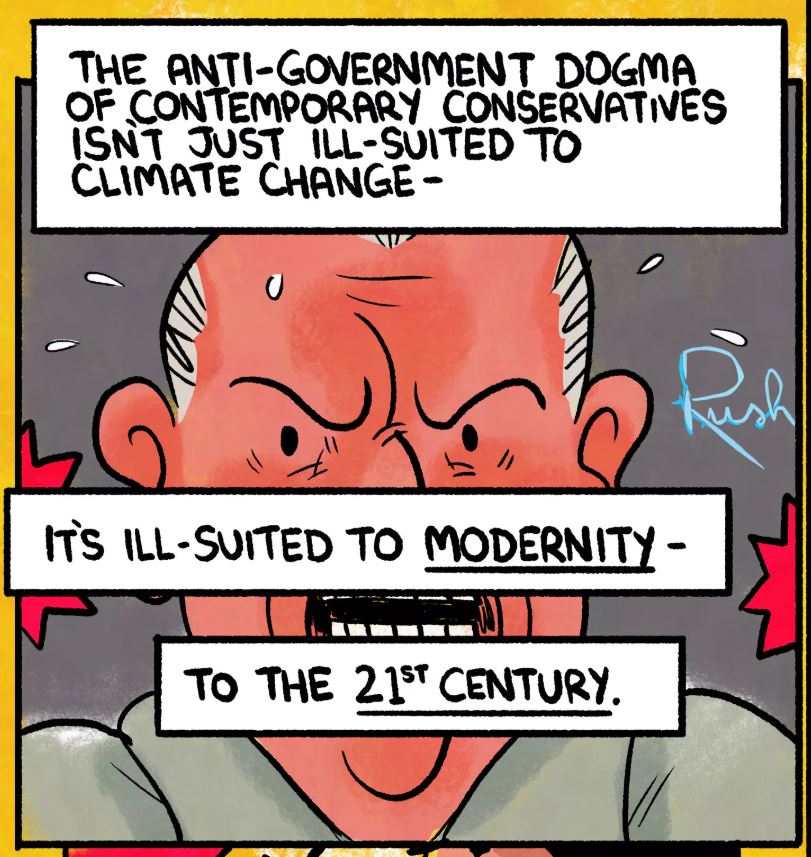Every scientist I work with spends most of the day communicating, whether that’s preparing grants, manuscripts, theses, outreach talks, emails to colleagues/students… the list goes on. However, most of these outlets share fairly strict formatting rules. Grants comes with pages of guidelines. Talks have defined who I am, what I did, found, next, thank you slide. While this sterile approach is arguably fundamental to science’s critical tenant of replication, it makes for terrible communication.
Tag: communications
I have had the pleasure of working communications roles in several industries over the years. During this time, I’ve seen the rise of a dubious campaign metric commonly referred to as “Stop the Scroll” (or “Swipe”). This metric has conscientious roots. Online communications strategists have less than a second to grab a potential donor, stakeholder, or client’s attention. Good strategists have read Craig McClain’s paper, as a great visual will make your thumb quiver before scrolling on to a video of dogs doing literally anything. In this light, stop the scroll seems like a pretty good metric for individual post efficacy. Time is the currency of experience, after all.
Can we count the seconds people spend learning untrue facts as progress towards our campaign? Or change the campaign goals to justify a resource-heavy shit post?

Foghorn (A Call to Action!)
- The kids are alright. I’m suing the U.S. government for causing the climate change crisis #YouthVGov.
- This fleet of underwater robots will help citizen scientists make the case for ocean conservation. Find out how you can get yours through the SEE Initiative!
Flotsam (what we’re obsessed with right now)

- This comic comes at you like a kick in the teeth. Can Climate Science Be Rendered Conservative-Friendly? How to pitch environmentalism to climate change deniers.

